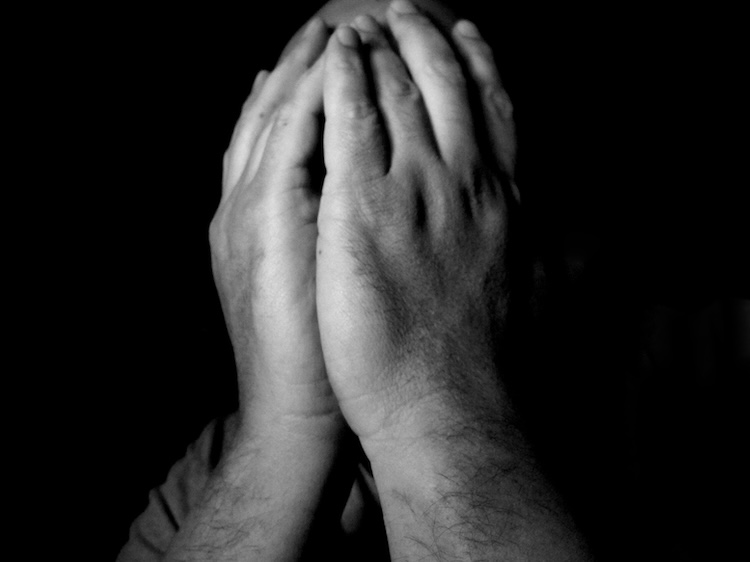Ireland’s institutional abuse victims failed by conventional legal avenues, finds new research
30 May 2025

A new book has proposed justice reforms to better serve the needs of institutional abuse victims in Ireland, including making legal processes accessible and offering meaningful apologies.
Transforming Justice Responses to Non-recent Institutional Abuses is published by Oxford University Press, and draws from extensive research across the island of Ireland.
The research was undertaken by Professor Marie Keenan from the UCD School of Social Policy, Social Work and Social Justice, Professor Anne-Marie McAlinden from Queen’s University Belfast, and Dr James Gallen from DCU.
The findings reveal that conventional legal avenues, such as inquiries and redress schemes, often fail to engage survivors meaningfully or address the systemic nature of the abuses.
Among the book’s recommendations are the adoption of trauma-informed approaches and the use of plain, non-legal language to make legal processes more accessible.
The authors recommend that truth-seeking processes are reimagined to better support victims and allow findings to be reported sooner, and call for the consideration of non-adversarial truth-seeking initiatives.
In addition, the researchers propose that redress is recognised as a right for victims, and is paired with personal, meaningful apologies.
Institutional abuses have affected communities in the Republic of Ireland and Northern Ireland for many decades, with several investigations and redress schemes ongoing.
Research for the book involved interviews with 74 key stakeholders, including survivors, legal professionals and representatives from the Church and State.
It also drew on the experiences of justice responses to non-recent institutional abuses – such as inquiries, redress schemes and apologies – in other countries.
Part of a three-year project, the research was funded by The Higher Education Academy North-South Research Grant, with support from the British Academy and an Arts and Humanities Research Council Fellowship.
“We were determined to listen carefully to the lived experience of victim/survivors and responsible institutional actors in the church and State, examine the temporal challenges involved in non-recent institutional abuses and how these contribute to the responsibility/accountability gap, and analyse the potential for innovative justice thinking influenced by restorative and transitional justice philosophies,” said Professor Keenan.
“We found there is an appetite for a new way, and offered suggestions as to how this can be done.”
By: Rebecca Hastings, Digital Journalist, UCD University Relations
To contact the UCD News & Content Team, email: newsdesk@ucd.ie






